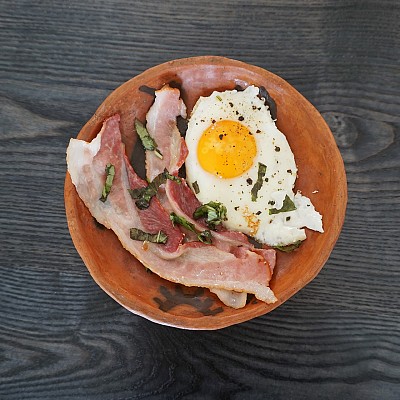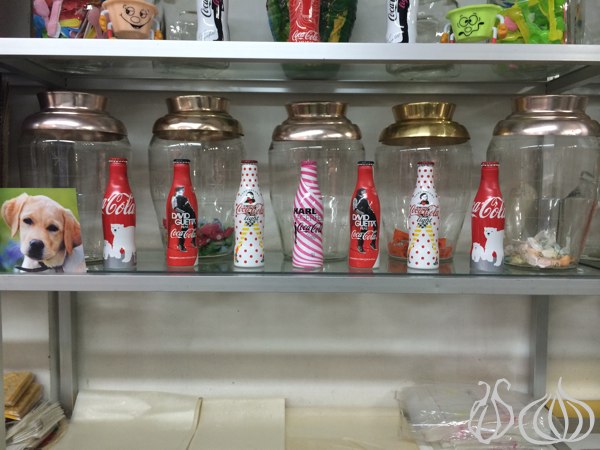It’s always the same, a couple of hours after you get home from the shops you decide it’s time to eat that avocado. But it’s not ‘ripe and ready to eat’ as the packaging claims, it’s rock solid. Then you ruin it just trying to cut the thing. So, you reach for the mango instead.
But your mango is a mess. You pick it up and your fingers seem to squish right through it. What a waste of money. And what a disappointed stomach!
Most of us know the feeling of buying fruits or vegetables only to find out that they’re either already spoiled on the inside or so under-ripe that they need to be left out for days before eating. If only there were a way to know, in the shop, which fruit and veg is ready to go, and which pieces are going to be too stubborn or too mushy to eat.
Luckily, there is! But each fruit has different behavior, so you will need to check the ‘rules’ for each of them.
Take the exotic pineapple, for example. Prickly and wild-colored, it hardly invites prodding and poking to see if it’s ripe. Fortunately, you can use your eyes and nose: a green pineapple is under-ripe, an orange one is past it, so an evenly-colored yellow pineapple is the best choice. Give it a sniff to check there’s no vinegary, fermented smell, because that would mean it’s already long past edible.
Broccoli is another of those items that send false signals. You come home from work expecting to be greeted by a healthy floret in the fridge, but it falls apart in the cooking pot. The trick is to make sure those stalks are still firm when you buy your broccoli. And make sure it’s bright green, as yellowing broccoli is already on the way out.
But don’t worry, you can put the misery of unripe fruit and vegetables behind you thanks to our latest kitchen resource: a visual guide to choosing produce so it’s ready to eat when you want to eat it.
Let your fruit and veg know who’s boss by consulting the chart before you go to the supermarket. Because a mango that holds itself together is a beautiful thing!








































